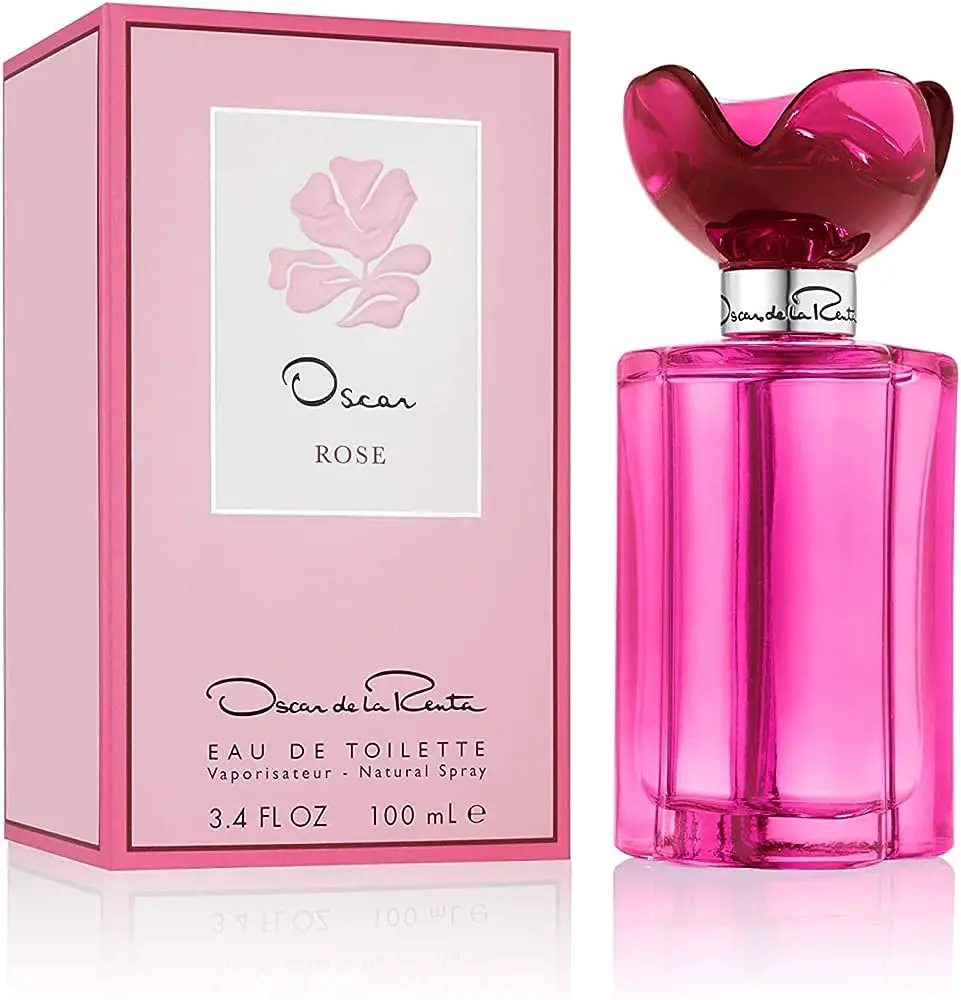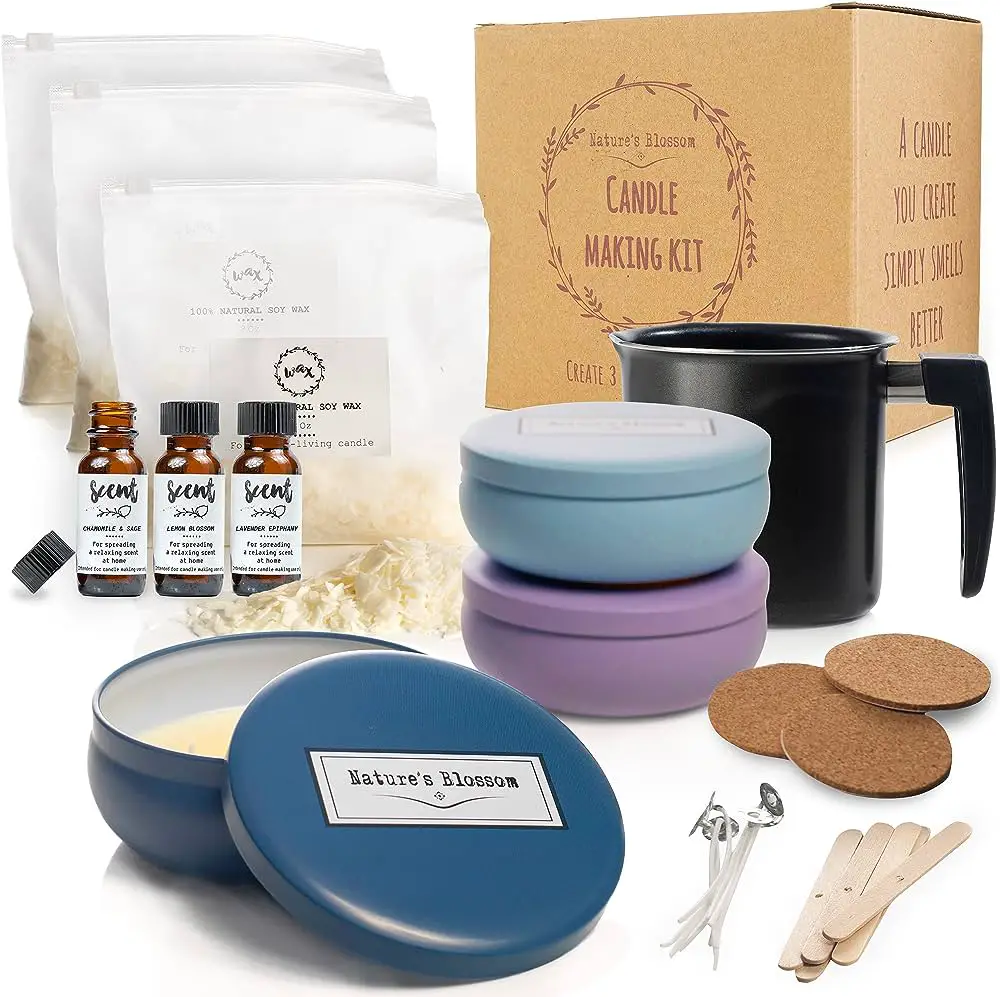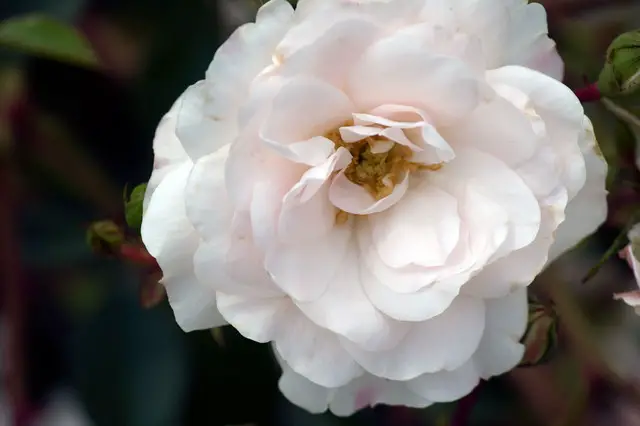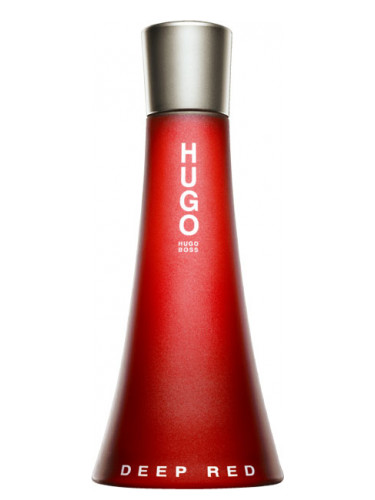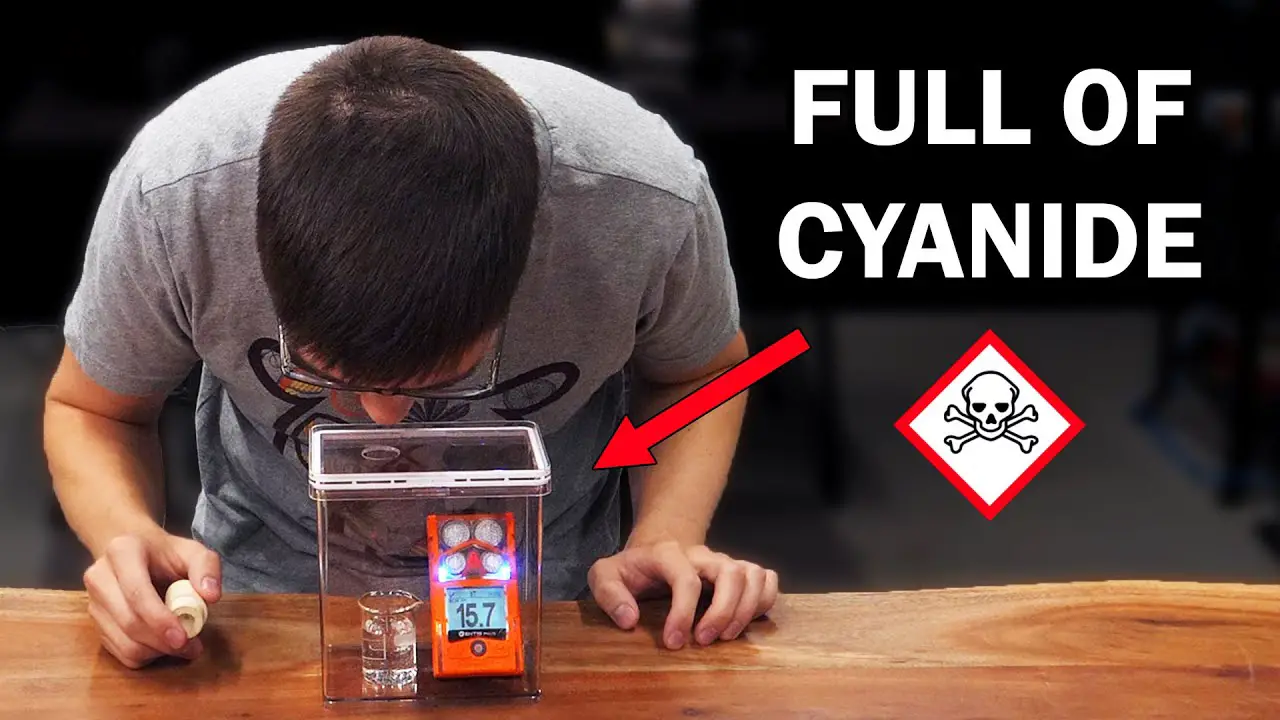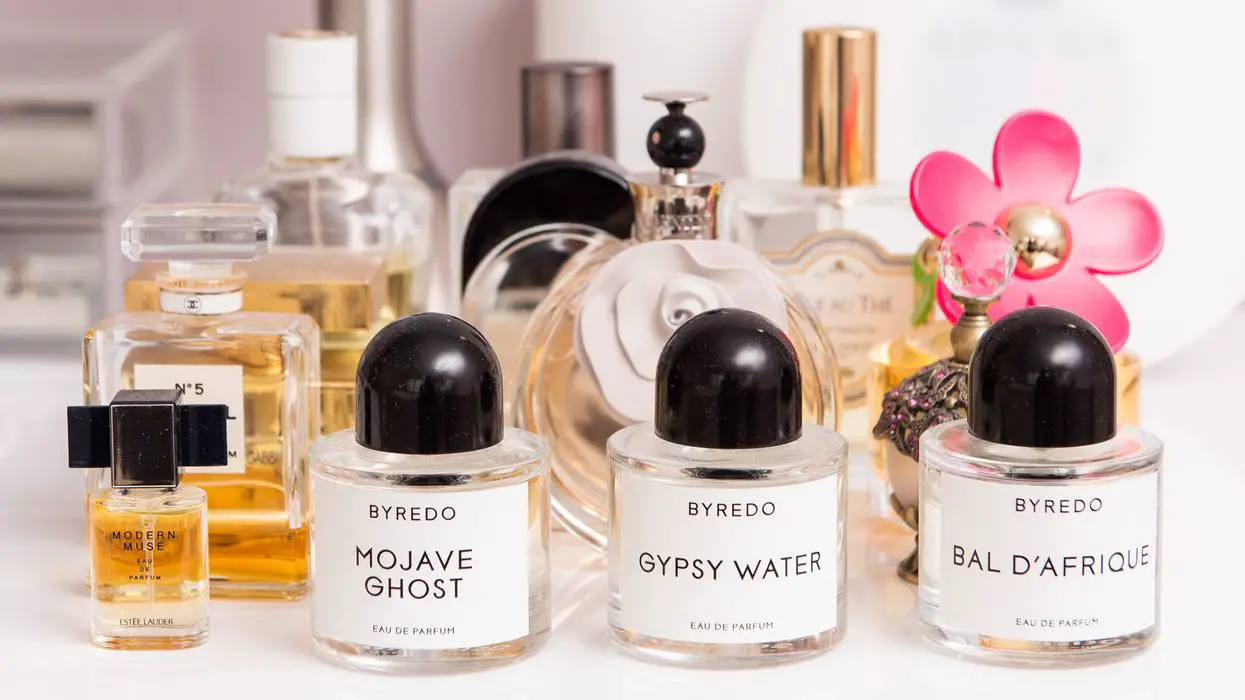Creating a luxurious and captivating rose perfume is an art that combines science, creativity, and a deep appreciation for the enchanting scent of roses. In this guide, we will explore the step-by-step process to help you make your very own rose perfume at home. From selecting the right ingredients to mastering the blending techniques, embark on a fragrant journey that will leave you with a signature scent that’s uniquely yours.
Ingredients and Materials:
- Rose Essential Oil:
- Choose a high-quality rose essential oil for the authentic and rich fragrance.
- Carrier Oil:
- Opt for a carrier oil like jojoba or sweet almond oil to dilute the essential oil and enhance the perfume’s longevity.
- Distilled Water:
- Use distilled water to balance the perfume and give it a light, refreshing feel.
- Vodka or Witch Hazel:
- Adding a small amount of vodka or witch hazel helps in preserving the perfume and maintaining its consistency.
- Glass Perfume Bottle:
- Select a dark-colored glass bottle to protect the perfume from light and air, preserving its fragrance.
Crafting Your Rose Perfume:
- Blend the Essential Oil:
- Start with the base note: Mix 20-30 drops of rose essential oil with the carrier oil. This forms the foundation of your perfume.
- Add Alcohol or Witch Hazel:
- Incorporate a small amount of vodka or witch hazel to the oil blend. This not only preserves the perfume but also helps the scent linger longer.
- Introduce Distilled Water:
- Gradually add distilled water to the mixture, stirring gently. This step contributes to the perfume’s lightness and freshness.
- Test and Adjust:
- Test the perfume on your skin and let it settle for a while. Adjust the ratios if needed, ensuring the fragrance is well-balanced.
- Let It Mature:
- Allow the perfume to mature for at least a week. This gives the different notes time to harmonize, resulting in a more cohesive scent.
- Filter and Transfer:
- Filter the perfume to remove any particles, and transfer it to the glass bottle. Seal the bottle tightly to preserve the fragrance.
FAQs:
Q1: Can I use other flower essential oils with rose?
- A1: Yes, you can experiment with complementary floral scents like lavender or jasmine, but be cautious not to overpower the delicate rose aroma.
Q2: How long does homemade rose perfume last?
- A2: With proper storage in a cool, dark place, your perfume can last up to six months or even longer. The key is to keep it away from heat and light.
Q3: Can I use synthetic rose fragrance instead of essential oil?
- A3: While synthetic fragrances are an option, using pure rose essential oil provides a more authentic and complex scent.
Q4: Are there any safety precautions when making perfume at home?
- A4: Exercise caution with essential oils, and perform a patch test to ensure you do not have any adverse reactions. Work in a well-ventilated area and use protective gear if necessary.
Embark on your olfactory journey, and let the delicate, timeless scent of roses inspire your unique perfume creation. Enjoy the artistry of crafting your own signature fragrance, perfectly tailored to your preferences.


